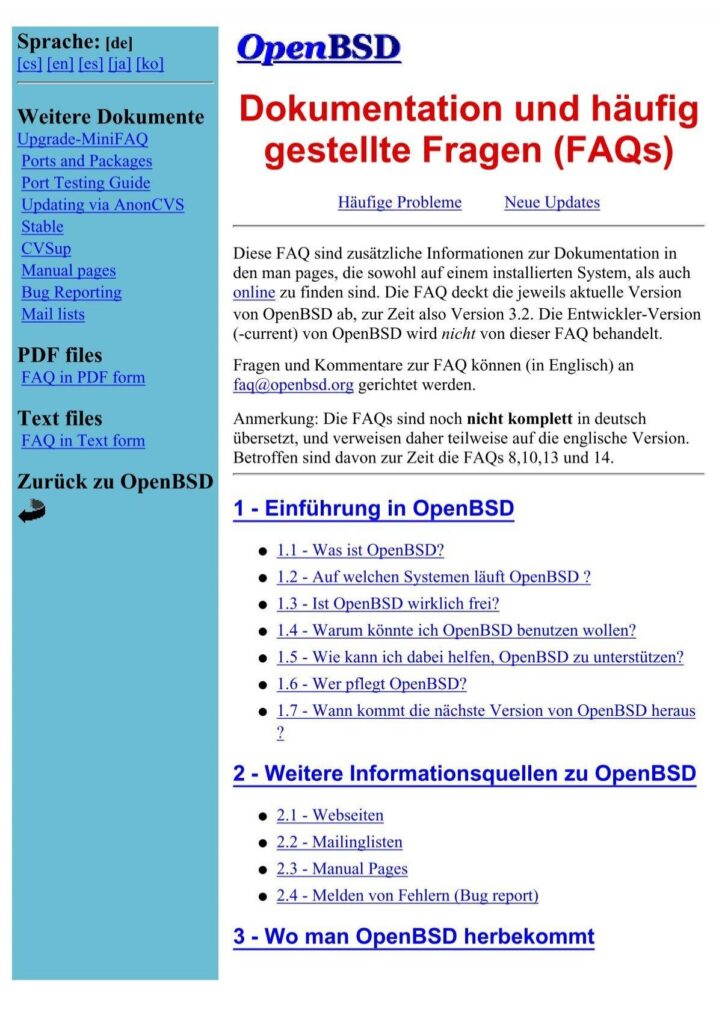In a strategic move underscoring India’s growing role in regional and global geopolitics, Prime Minister Narendra Modi is set to travel to Tianjin, China, for the upcoming Shanghai Cooperation Organization (SCO) summit on August 31. As the bloc, which includes key players from Central Asia, Russia, and China, continues to evolve, Modi’s participation marks a significant opportunity for India to reinforce its diplomatic engagements and address pressing regional challenges. This summit is not only crucial for fostering cooperation among member states but also has the potential to reshape security dynamics and economic ties within the broader Asia-Pacific region. As stakeholders await the outcomes of this high-profile meeting, experts weigh in on the implications of Modi’s visit for India’s foreign policy and its relations with major powers in the SCO framework.
Modi’s Strategic Engagement at SCO Summit and Its Implications for India-China Relations
Prime Minister Narendra Modi’s participation in the SCO summit in Tianjin marks a pivotal moment for India-China relations amid ongoing geopolitical tensions. The summit serves as a critical platform for dialogue, allowing leaders to address mutual concerns while navigating complex dynamics in a multipolar world. Notably, Modi’s expected agenda involves discussions on regional security, economic collaboration, and combating terrorism—all vital issues that underpin Indo-China ties. The reiteration of India’s strong stance on territorial integrity and sovereignty can be expected, reflecting New Delhi’s resolve to project its strategic interests while engaging with regional counterparts.
Furthermore, the summit’s outcomes could deeply influence the economic landscape and border negotiations between both nations. Key areas of potential collaboration include:
- Trade Relations: Improved economic exchanges could bridge gaps between the two economies.
- Counterterrorism Initiatives: A united front on security could enhance regional stability and cooperation.
- Cultural Exchange Programs: Strengthening ties through people-to-people contact to foster goodwill.
While the atmosphere remains tense, Modi’s diplomatic efforts at the SCO can be viewed as a step towards not only mitigating friction but also pursuing avenues for more constructive engagement. As India continues to navigate its strategic positioning in the region, this summit will be keenly observed for signals that could shape the future of bilateral relations in the context of both cooperation and competition.
Analyzing Key Takeaways from the Tianjin Summit for Regional Security and Economic Cooperation
The Tianjin Summit served as a crucial platform for regional leaders to address pressing security concerns and enhance economic ties. A significant focus was placed on counter-terrorism initiatives, with various member states agreeing to share intelligence to combat rising extremism. Additionally, discussions highlighted the importance of cybersecurity protocols, emphasizing the need for collaborative frameworks to protect national interests from increasing digital threats. Leaders underscored the necessity for infrastructure investments to bolster regional connectivity, thus paving the way for improved trade routes and economic interdependence among member nations.
In terms of economic cooperation, the summit reiterated the importance of joint development projects, particularly in energy and technology sectors, with an aim to diversify economies that heavily rely on traditional industries. Member states committed to fostering an environment conducive to foreign investment, recognizing that a stable regional climate is instrumental for sustained economic growth. The potential establishment of a regional economic forum was also proposed, aiming to facilitate regular dialogues and promote innovative solutions to shared economic challenges, further solidifying the SCO’s role as a key player in the geopolitical landscape.
Future Recommendations for Strengthening India’s Position in Multilateral Frameworks
To enhance its role in global multilateral frameworks, India must pursue a multifaceted approach that prioritizes diplomatic outreach, economic collaboration, and strategic alliances. Building on its existing ties, India could adopt a proactive engagement strategy by:
- Strengthening Regional Partnerships: India should focus on fostering closer ties with neighboring countries and regional blocs to enhance collective bargaining power.
- Promoting Economic Integration: Developing trade networks and economic partnerships will not only increase India’s influence but also yield mutual benefits for participating countries.
- Engaging in Global Governance: Active participation in crucial global governance issues like climate change, health security, and digital policy will bolster India’s stature.
Moreover, a dedicated effort to improve infrastructure, enhance technology sharing, and promote cultural diplomacy will reinforce India’s position. A commitment to sustainability and inclusive growth can set India apart as a leader in multilateral discussions. Implementing these strategies could facilitate a more balanced approach to negotiations, ensuring that India’s interests are prioritized on the global stage. Consideration should also be given to:
| Focus Area | Action Steps |
|---|---|
| Technology Innovation | Foster partnerships in R&D and tech exchanges. |
| Public Diplomacy | Increase soft power initiatives, cultural exchanges. |
| Security Cooperation | Engage in joint exercises and intelligence sharing. |
Closing Remarks
As Prime Minister Narendra Modi prepares for his imminent visit to Tianjin, China, for the Shanghai Cooperation Organization (SCO) Summit on August 31, the implications of this gathering are both considerable and multifaceted. This summit offers a pivotal platform for dialogue among member nations, focusing on pressing regional security issues, economic cooperation, and collaborative strategies to counter challenges such as terrorism and climate change. Observers will be closely monitoring Modi’s engagements, as they hold the potential to reshape dynamics in South Asia and beyond. With global attention on the impacts of Sino-Indian relations amidst a backdrop of geopolitical tensions, the outcomes of this summit could influence partnerships and alliances in the region moving forward. As the date approaches, the world awaits insights into how these discussions may pave the way for a more cooperative or competitive future among the SCO nations.
